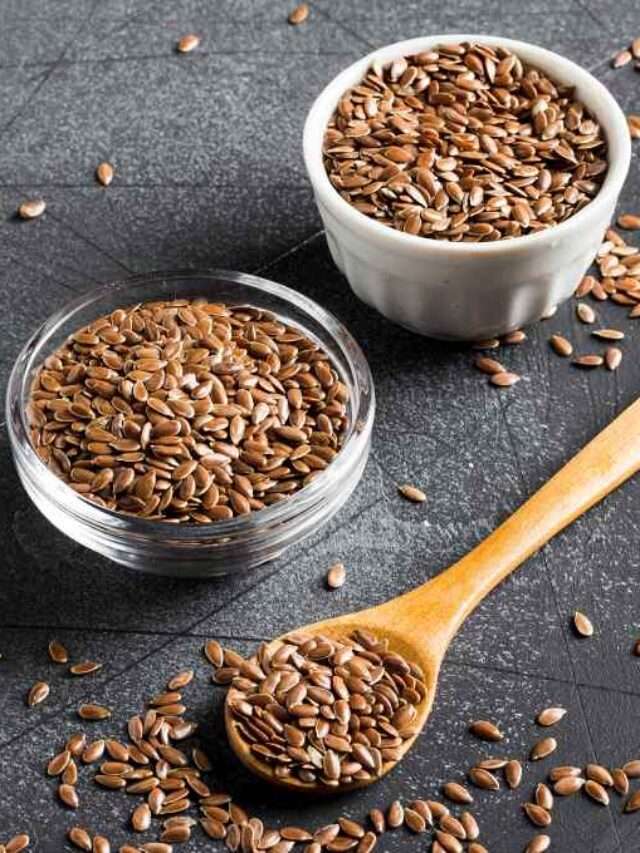Embracing the Rainy Season: Nourishing Foods for a Healthy Journey
MANSOON DIET:As the pitter-patter of raindrops serenades our world, the enchanting rainy season unveils its beauty. The monsoon refreshes the weather, providing a welcome respite from the scorching heat.. However, it also brings its own set of challenges, making us susceptible to various infections and illnesses. But fear not! With the right dietary choices, we can navigate through the rainy season while maintaining our health and vitality.
1. The Immunity Boosters: Seasonal Fruits and Vegetables
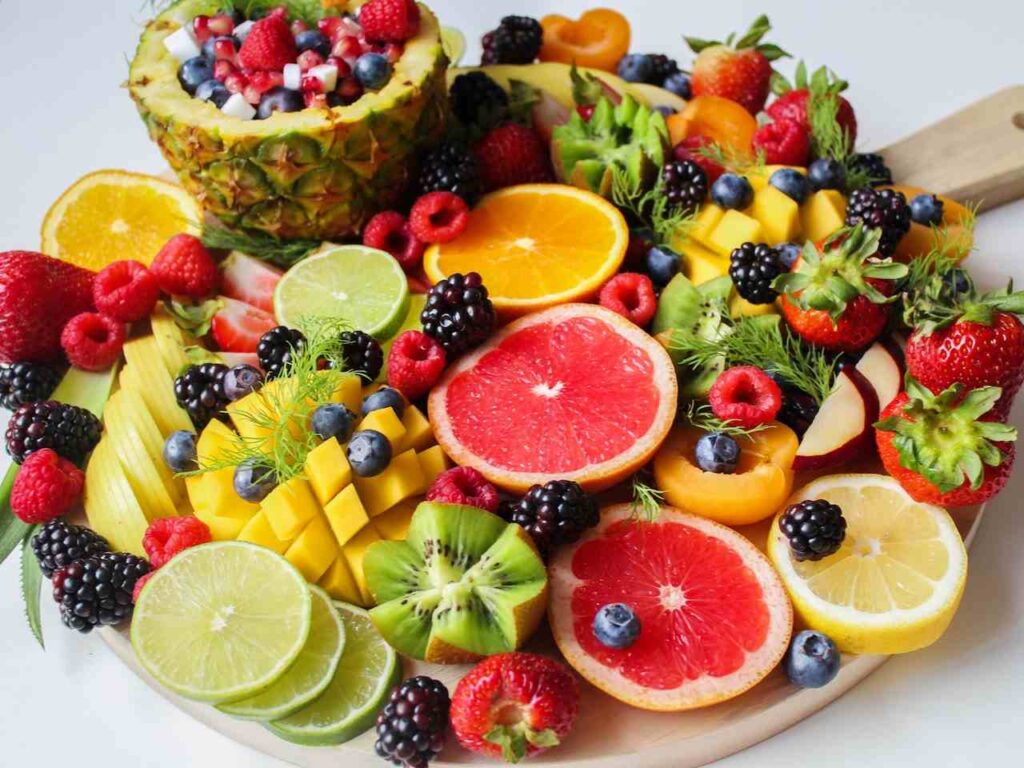
When the rains come pouring down, it’s time to load up on nature’s immunity boosters. Seasonal fruits like apples, pears, and pomegranates, along with vitamin C-rich citrus fruits, are your best allies. These fruits not only tantalize your taste buds but also strengthen your immune system, shielding you from the common cold and flu.
Vegetables are a powerhouse of essential nutrients. Embrace a colorful medley of carrots, sweet potatoes, beets, spinach, and bell peppers. The antioxidants in these vegetables combat free radicals, promoting overall well-being amidst the drizzle.
2. Warmth and Comfort in a Bowl: Soups and Stews
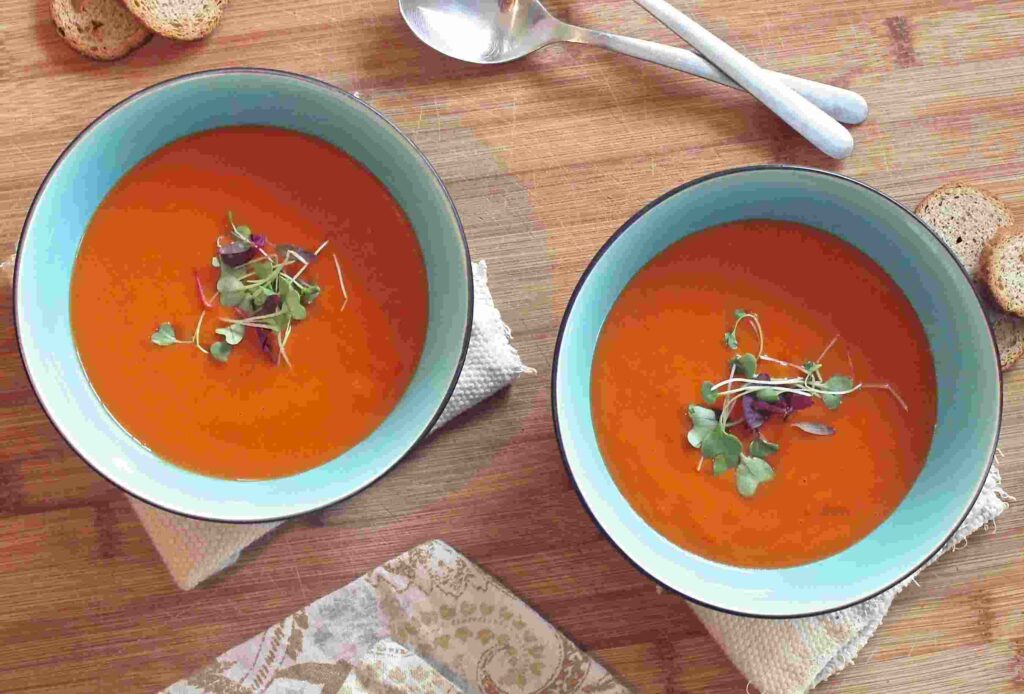
A steaming bowl of soup or stew on a rainy day is sheer bliss. Elevate your culinary journey with hearty and nutritious soups brimming with seasonal vegetables, legumes, and lean meats. These soul-soothing delights not only keep you warm but also provide the necessary nutrients for a robust immune system.
3. Herbal Tonic: Teas to Rejuvenate
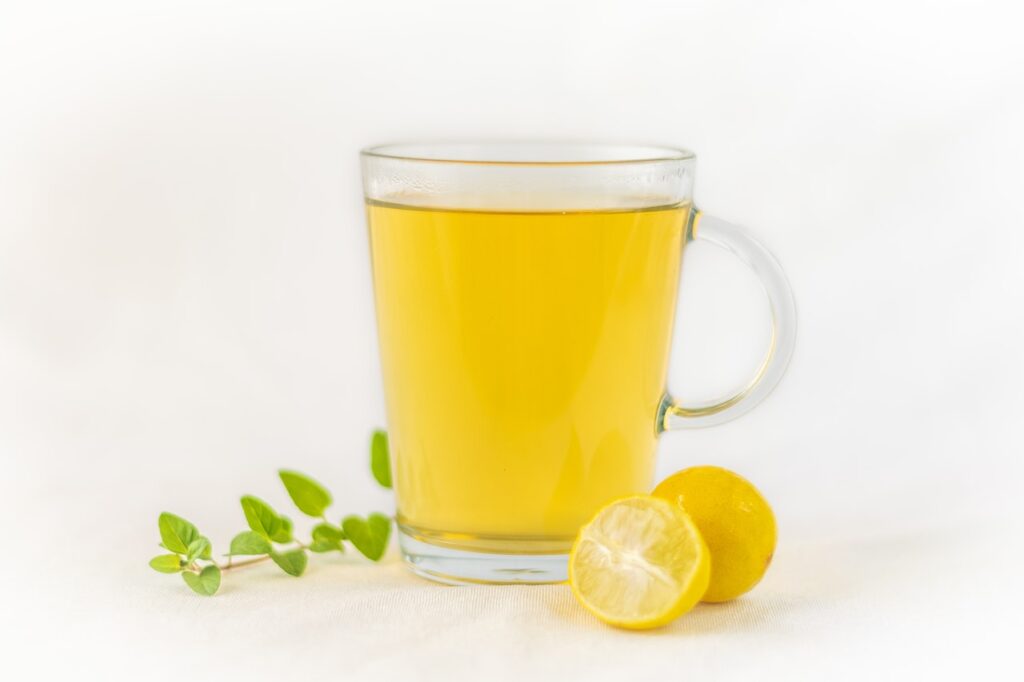
When the weather turns gloomy, embrace the comforting warmth of herbal teas. Ginger tea with its anti-inflammatory properties soothes sore throats, while chamomile tea calms your senses. Green tea, loaded with antioxidants, keeps your metabolism revving and enhances your body’s natural defenses.
4. Mansoon Diets: Nuts and Seeds
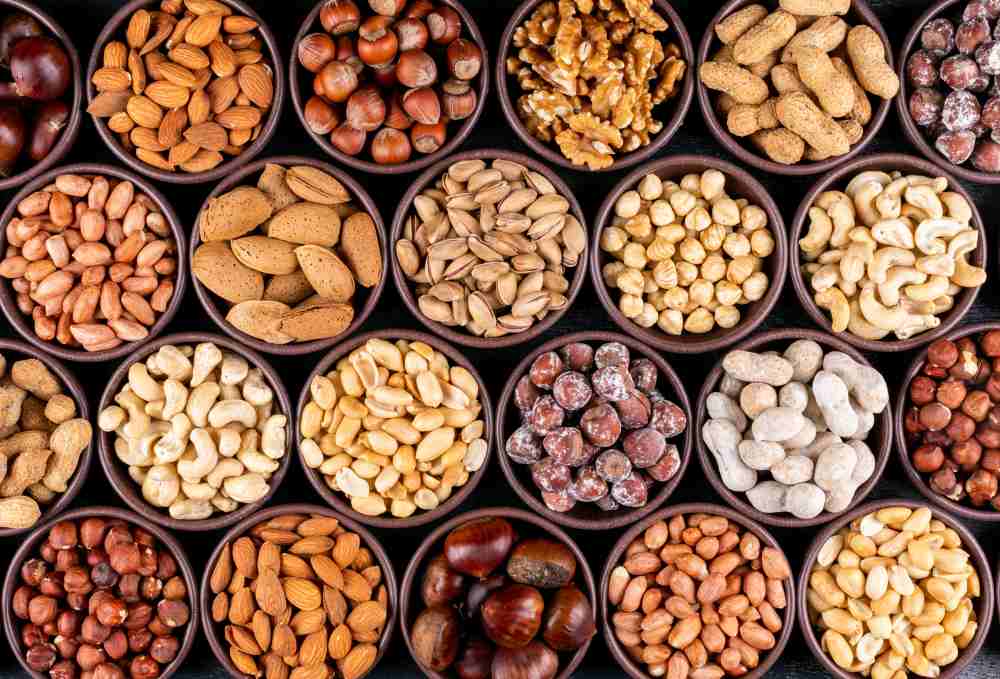
Nuts and seeds pack a powerful punch of nutrients, making them the perfect rainy season snack. Almonds, walnuts, and pumpkin seeds are rich in healthy fats, proteins, and essential vitamins. These little delights help keep your energy levels high and your spirits soaring, even when the clouds loom overhead.
5. The Magic of Probiotics: Yogurt and Fermented Foods

A healthy gut is a foundation of overall health . Incorporate probiotic-rich foods like yogurt, Idli , dosa , kimchi, and fermented vegetables into your diet. These probiotics fortify your gut flora, bolstering your immune system and protecting you from common ailments during the damp weather.
6. Hydration: Nourishing from Within

In the midst of enjoying the rainy season, let’s not forget the importance of hydration. Sip on water throughout the day to flush out toxins and keep your body functioning optimally. Hydration not only quenches your thirst but also helps maintain healthy skin and aids digestion.
7. The Sunshine Vitamin: Vitamin D Supplements

During the rainy season, the sun may play hide-and-seek. As a result, our bodies might miss out on the crucial vitamin D that sunlight offers. If you find yourself basking less in the sun’s warmth, consider consulting your healthcare provider about vitamin D supplements to support your bone health and overall immunity.
As you savor the rhythmic dance of raindrops, ensure that you follow good hygiene practices to ward off infections. Wash your hands regularly, keep your surroundings clean, and consume freshly cooked food. Be cautious with street food and remember to wash fruits and vegetables thoroughly before enjoying them.
With a well-rounded and nourishing diet, the rainy season can become an enchanting journey of health and happiness. Embrace the season’s gifts and let the vibrant colors of nature reflect in your health and vitality. As you savor the joys of the monsoon, remember that a balanced and nutritious diet will keep you beaming through the showers, ready to embrace life’s every moment, come rain or shine!
READ MORE: The Incredible Health Benefits of Indian Gooseberry (Amla)
Things to remember in a Mansoon
The enchanting arrival of the rainy season brings with it a symphony of nature’s wonders. The soothing sound of raindrops and the lush green landscape can captivate the senses. However, amidst this beauty, there’s a need to exercise caution when it comes to our diet. Rainy seasons can sometimes create an environment conducive to the growth of bacteria and pathogens on fruits and vegetables. To ensure your well-being, it’s crucial to adopt proper practices when handling produce.
1. Cleanse Before You Consume
Before you dive into that colorful array of fruits and vegetables, remember the golden rule: always wash them thoroughly. Rain can bring dust, dirt, and contaminants that cling to the surface of produce. To minimize your risk of consuming these unwanted elements, give your fruits and vegetables a gentle but thorough wash under cool, running water. Even if you’re planning to peel or cut them, washing helps prevent transferring any surface bacteria to the edible parts.
2. Cook to Safety
Cooking is not just about enhancing flavors; it’s also a powerful way to eliminate harmful microorganisms. During the rainy season, consider cooking your vegetables and fruits when possible. Cooking not only enhances the safety of your food but also makes nutrients more bioavailable for absorption. From steaming and sautéing to roasting and boiling, there are endless culinary possibilities to explore while safeguarding your health.
3. Handle with Care
Proper handling can make a significant difference in preventing foodborne illnesses. Always wash your hands before and after handling produce to avoid cross-contamination. Clean cutting boards and utensils with hot, soapy water after each use to prevent the spread of pathogens. If you’re cutting fruits and vegetables, use separate cutting boards for raw meats and produce to prevent any potential cross-contact.
4. Mind Street Food and Uncooked Preparations
While the temptation to indulge in street food during the rainy season is strong, exercise caution. Street food might not always adhere to the same hygiene standards as home-cooked meals. To minimize risks, opt for freshly prepared foods that are cooked right in front of you. Avoid raw salads or dishes that require uncooked ingredients, as these might carry a higher risk of contamination.
5. Storage Matters
Proper storage of produce is just as important as its proper handling. Store perishable items like fruits and leafy greens in the refrigerator to slow down bacterial growth. For longer storage, consider freezing produce. Remember to store raw meats away from other foods to prevent any potential cross-contamination.
6. Intuition and Quality Check
Trust your instincts when it comes to selecting produce. If something looks or smells bad, avoid it. Quality check is crucial – discoloration, mold, or an unusual odor could indicate spoilage or contamination.
7. Fresh is Best
Whenever possible, opt for locally sourced produce. It’s not only fresher but also less likely to have undergone extended transportation, reducing the time for potential contamination.
By adopting these practices, you’re taking a proactive step towards ensuring your well-being during the rainy season. With the right handling, you can savor the delectable flavors of the season’s bounty without worrying about compromising your health. Remember, a little extra care in the kitchen goes a long way in safeguarding your culinary adventures amidst the rain’s embrace.









